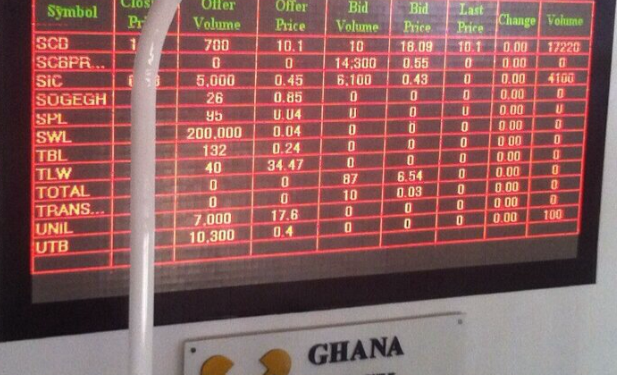Stocks fell on Monday, resuming last week’s declines as investors’ concerns around rising inflation persisted.
The Dow was off by about 0.2%. The S&P 500 also declined. The Nasdaq extended losses after the index fell for a fourth straight week last week, as technology and growth stocks gave back more gains amid jitters over rising rates.
Bitcoin prices (BTC-USD) dropped nearly 10% to trade below $45,000 even after Tesla CEO Elon Musk said the company had not sold any of its holdings of the cryptocurrency, after an earlier Twitter exchange appeared to imply an intent to sell.
Stocks are coming into this week on the heels of a choppy period of trading last week, which saw the three major indexes pull back sharply as new data on consumer and producer price changes came in higher than expected. Supply chain bottlenecks across industries have weighed on producers’ abilities to keep up with surging demand as the economy emerges from the pandemic, stoking concerns of even higher prices. And new FactSet data showed the most companies have cited “inflation” on their latest quarterly earnings calls since at least 2010.
Investors have also been closely watching these trends to gauge whether the Federal Reserve might step in soon to curb rising inflation by rolling back the policies that undergirded the economy during the pandemic, including conducting $120 billion per month in asset purchases and maintaining near-zero interest rates. Still, policymakers including Federal Reserve Chair Jerome Powell have suggested they believe near-term advances in prices will prove transitory and attenuate in the coming months.
“I think what we’re seeing as a trend is that we know eventually, there’s going to be a tapering of purchases by the Fed and we’re going to start hearing that. And I would expect that to happen sooner [rather than] later as we have these inflation concerns,” Loreen Gilbert, WealthWise Financial CEO, told Yahoo Finance. “I would expect some volatility in the markets over the next few months as we’re in this transitory time of figuring out where are we going.”
Meanwhile, a stronger-than-expected corporate earnings season continues this week with retailers including Target (TGT), Walmart (WMT), Home Depot (HD) and Lowe’s (LOW) poised to report results. Last week’s retail sales data showed an unchanged print on consumer spending across the economy in April over the prior month, pointing to a slowdown after a stimulus-boosted surge in March.
While the vast majority of S&P 500 companies that have reported earnings results so far have handily exceeded estimates, these beats have not been rewarded by a commensurate stock pop, many analysts have noted. These muted responses may also be a signal of investors hesitancy after already pricing in the strength of the post-pandemic recovery.
“Investor and equity analyst reactions to earnings results reveal skepticism that 1Q beats provide a reason for additional forward looking optimism,” Goldman Sachs analyst David Kostin wrote in a note Monday. “Firms that beat EPS [earnings per share] estimates typically outperform the S&P 500 by 100bp the day after reporting. However, the typical stock that beat on EPS this quarter outperformed by just 51 bp, continuing the trend from 2020.”
—
10:08 a.m. ET: Homebuilder confidence unchanged in May, matching estimates and holding at elevated level
A closely watched measure of homebuilder confidence was unchanged between April and May, even as concerns over tight inventory, rising home prices and building material shortages began to emerge in the housing market and threatened to weigh on activity.
The National Association of Home Builders’ housing market index was unchanged at a print of 83 in May, matching consensus estimates, according to Bloomberg data. This marked the highest reading since February. Readings above 50 suggest more builders assess conditions to be strong than weak.




